Study abroad isn’t just for undergrads. Master’s-level and doctoral students also have explored other cultures through short-term, faculty-led programs to broaden their understanding of professional practices in educational leadership, counseling, social work and other areas.
Graduate students in Appalachian State University’s Reich College of Education and Beaver College of Health Sciences recently have traveled to Ethiopia, India and Indonesia – three countries among the world’s fastest growing economies and populations.
Josh Silvey, a student in the doctoral program in educational leadership, summed up the experience of many travelers by likening his study abroad in Ethiopia to “a living case study” – through which he is benefitting both personally and professionally. Developing relationships overseas and seeing firsthand a community’s opportunities and challenges, as well as economic disparity and gender inequality, made “a poignant connection” to the academic journal articles he reads for class.
He recommends study abroad to other graduate students. “Graduate studies represent the opportunity to delve deep into subject matters in specific and pointed ways. Study abroad provides a unique framework to enhance a specific skill set while simultaneously revealing perspectives that may be missing,” he said.
Ethiopia
The Ethiopian study abroad in May 2015 involved doctoral students as well as counseling students in the Department of Human Development and Psychological Counseling. They explored issues of social/educational change in East Africa, human rights and social justice from a cross-cultural perspective.
Students met with educational leaders at Bahir Dar University (BDU), part of a public university system that the Ethiopian government has rapidly expanded to modernize the country and empower it economically. Students learned about leadership styles, opportunities and challenges for the country’s higher education system, as well as student life issues – many of which are similar to those of American college students. Dr. Vachel Miller, one of the program’s leaders, has returned to BDU for 2015-16 on a Fulbright award to teach educational leadership and research courses.
The group also met social entrepreneurs whose non-profit organizations are addressing local educational issues of the deaf community and children in need. For Appalachian graduate Kia Foster, who earned her bachelor’s degree in elementary education in 2011 and a master’s degree in school counseling in 2015, a beneficial part of the experience was learning the assumptions Ethiopians have about Americans and helping dispel them.
“They don’t think we have gender or poverty issues, but we do. (The issues) are just on a different level,” she said. As a future school counselor, Foster said she learned to better appreciate the different perspectives, assumptions, concerns and fears people bring to a situation regardless of their culture.
Doctoral and master’s-level students in Appalachian State University’s Reich College of Education and one undergraduate in Appalachian's Beaver College of Health Sciences traveled to Ethiopia in May 2015 to explore social/educational change in East Africa, as well as human rights and social justice from a cross-cultural perspective.
India
Since 2011, the Department of Social Work has traveled to Chennai on India’s southeast coast to explore how the helping professions are practiced in a different culture. Appalachian has had a long-standing academic relationship there with Madras Christian College.
The study abroad titled “Community Social Work Practice and the Culture of India” is open to both graduate and undergraduate students and has attracted majors in sustainability, education, sociology, psychology, art, political science and women’s studies as well as social work. The students and faculty visit human service agencies and non-governmental organizations focusing on issues such as bonded labor, sex trafficking, domestic violence, improving the lives of women and girls, developmental disabilities and mental illness, and end of life issues. They also visit cultural sites such as the Taj Mahal in Agra.
Students have commented that the opportunity to compare cultures, practices and policies broadens their understanding of social work. At the non-profits they visited, they said they saw how seemingly small actions can lead to significant change.
Indonesia
In summer 2014, master’s students in the Department of Leadership and Educational Studies, as well as some alumni, collaborated on a service-learning project with teachers and students in Muslim and Catholic K-12 schools in the city of Yogyakarta, Indonesia.
They interviewed Indonesian students, staff and teachers to compare issues related to ethnic, class, gender and religious diversity, as well as the impact on power, equity and self-determination within social and educational systems. Then, they produced a presentation on the similarities and differences to share with educators and their communities back home.
“My trip to Indonesia has motivated me to work harder to build international connections in the classroom,” instructional technology student Stephanie Weber wrote after her experience. A teacher in Catawba County Schools, she said she plans to collaborate with the Indonesian teachers to create new learning opportunities for her students.
Library science student Michael Parker wrote that the study abroad showed him that “underneath all of our cultural nuances and differences, people are people. In order to be happy and successful, we all have the need to be heard, understood and accepted for who we really are.”
Faculty leader Dr. Paul Wallace traveled to Indonesia again in June 2015 to meet new potential community partners in Bali that can help provide Appalachian students additional opportunities to work with schools and libraries. He is currently conducting a follow-up study on 2014’s participants regarding if and how it continues to influence them.
What do you think?
Share your feedback on this story.
A podcast series on what it’s like to live and learn like a graduate student Mountaineer
About graduate education at App State
Appalachian State University’s Williams School of Graduate Studies helps individuals reach the next level in their career advancement and preparedness. The school offers 80 graduate degree and certificate programs — both in person and online — in a range of disciplines, including doctoral programs in education (Ed.D.) and psychology (Psy.D.). The graduate school enrolls nearly 2,000 students. Learn more at https://graduate.appstate.edu.
About the Office of International Programs
Appalachian State University combines a strong liberal arts foundation with a comprehensive, pervasive and integrated commitment to global engagement. The Office of International Programs assists App State in fulfilling its global engagement mission by working to develop awareness, knowledge, appreciation and respect of cultural differences — in both domestic and international contexts — in the university’s students, faculty and staff, as well as in the surrounding communities. Learn more at https://international.appstate.edu.
About the Reich College of Education
Appalachian State University offers one of the largest undergraduate teacher preparation programs in North Carolina, graduating about 500 teachers a year. The Reich College of Education enrolls more than 2,000 students in its bachelor’s, master’s, education specialist and doctoral degree programs, with offerings that span multiple fields — from teacher preparation, counseling, and therapy, to higher education, school and student affairs administration, library science, educational leadership and more. With over 10,000 alumni employed in North Carolina public schools, there is at least one Reich College graduate in every county in the state. Learn more at https://rcoe.appstate.edu.
About the Beaver College of Health Sciences
Appalachian State University’s Beaver College of Health Sciences (BCHS), opened in 2010, is transforming the health and quality of life for the communities it serves through interprofessional collaboration and innovation in teaching, scholarship, service and clinical outreach. The college enrolls more than 3,600 students and offers 10 undergraduate degree programs, nine graduate degree programs and four certificates across seven departments: Kinesiology, Nursing, Nutrition and Health Care Management, Public Health, Recreation Management and Physical Education, Rehabilitation Sciences, and Social Work. The college’s academic programs are located in the Holmes Convocation Center on App State’s main campus and the Levine Hall of Health Sciences, a state-of-the-art, 203,000-square-foot facility that is the cornerstone of Boone’s Wellness District. In addition, the college supports the Appalachian Institute for Health and Wellness and has collaborative partnerships with the Wake Forest University School of Medicine’s Physician Assistant Program, UNC Health Appalachian and numerous other health agencies. Learn more at https://healthsciences.appstate.edu.
About Appalachian State University
As a premier public institution, Appalachian State University prepares students to lead purposeful lives. App State is one of 17 campuses in the University of North Carolina System, with a national reputation for innovative teaching and opening access to a high-quality, cost-effective education. The university enrolls more than 21,000 students, has a low student-to-faculty ratio and offers more than 150 undergraduate and 80 graduate majors at its Boone and Hickory campuses and through App State Online. Learn more at https://www.appstate.edu.
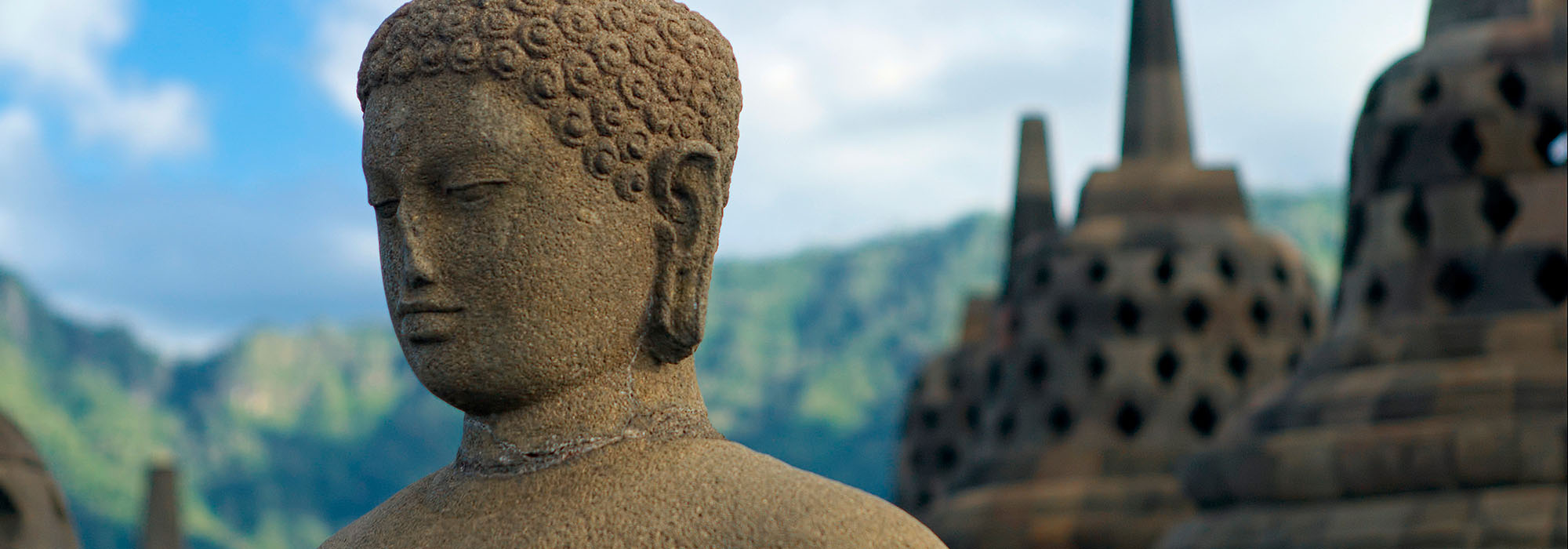
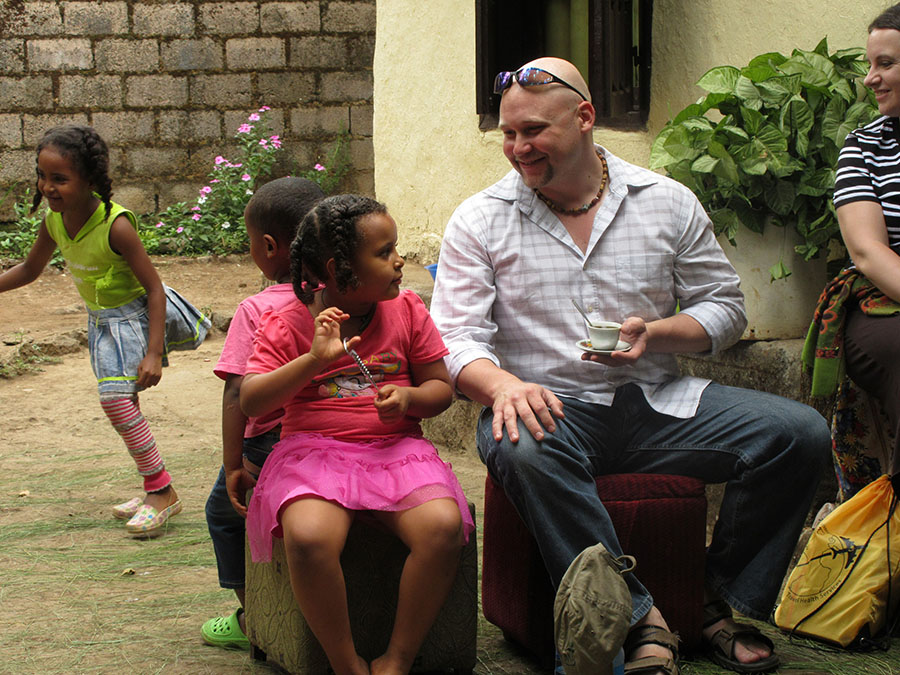
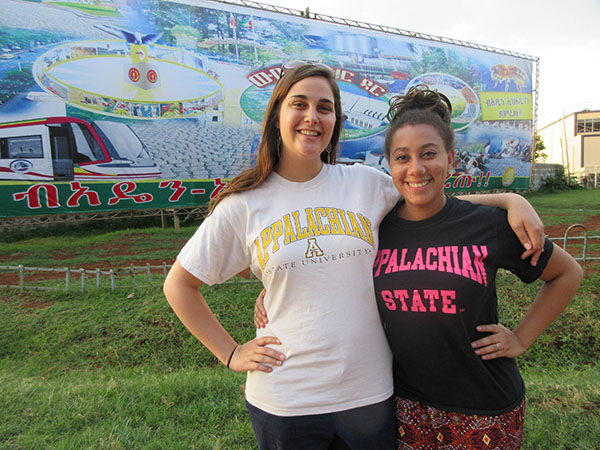
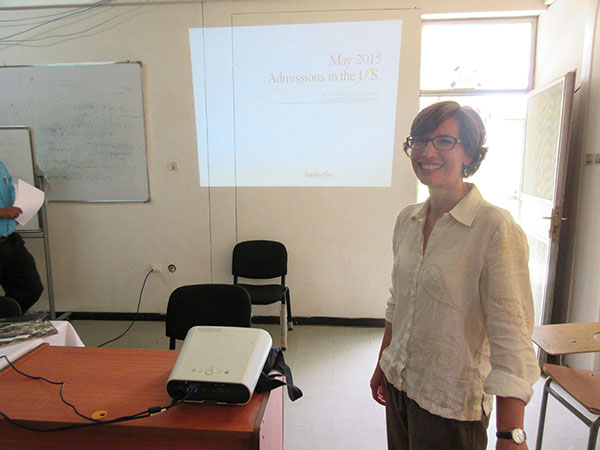
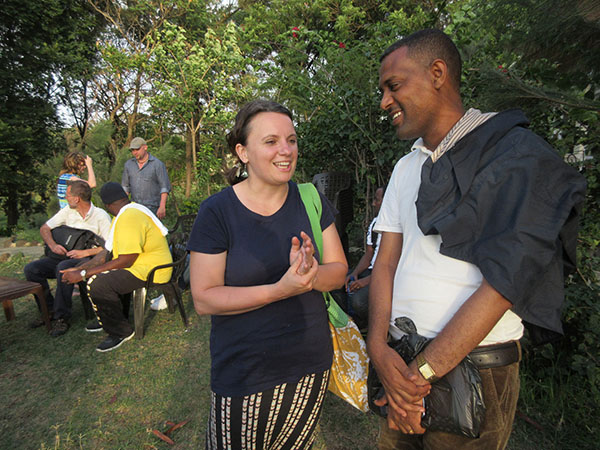
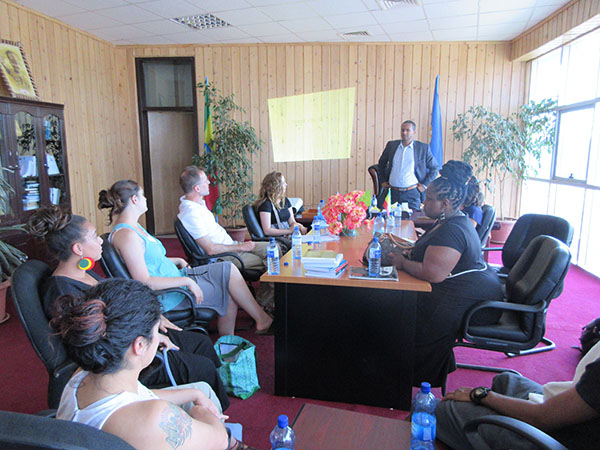
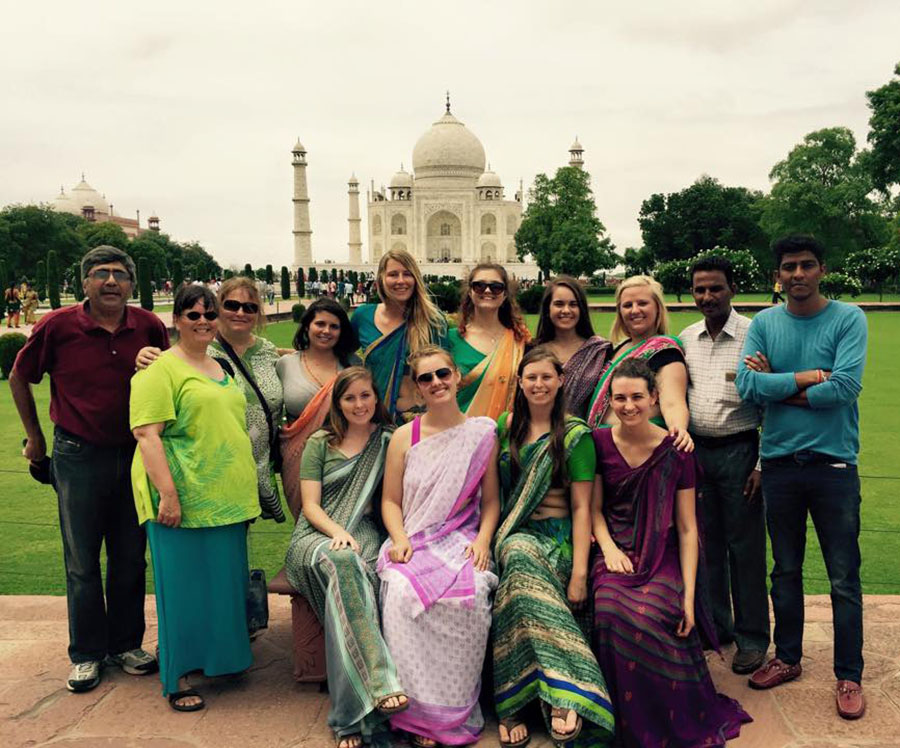
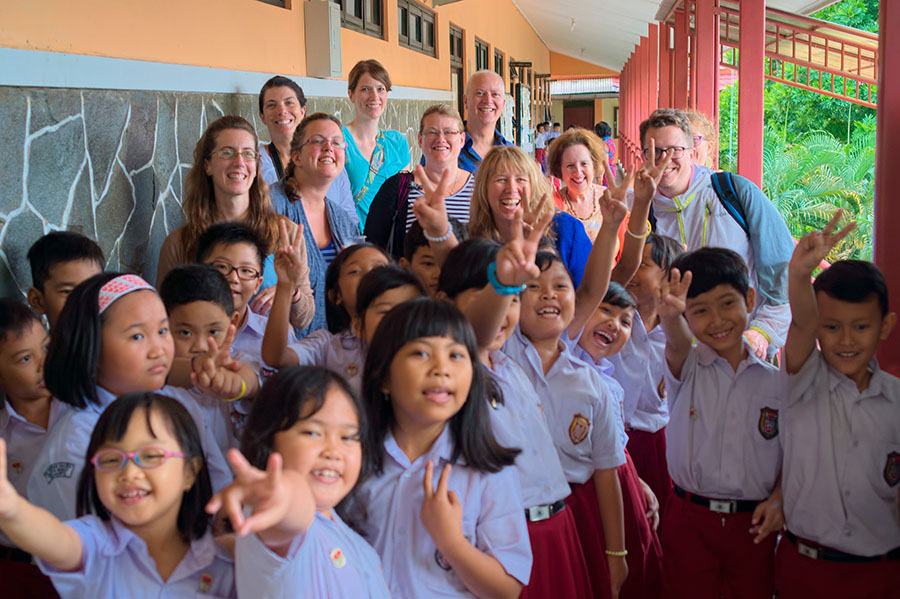
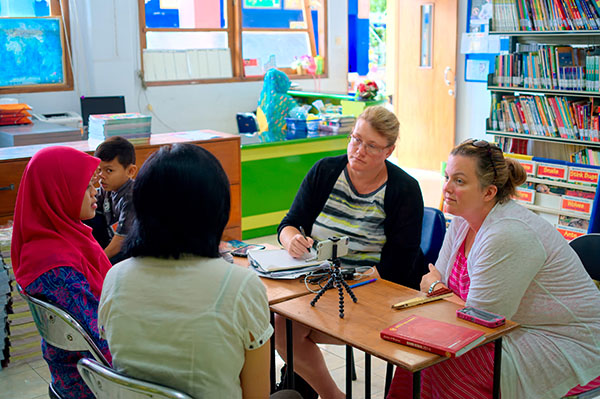
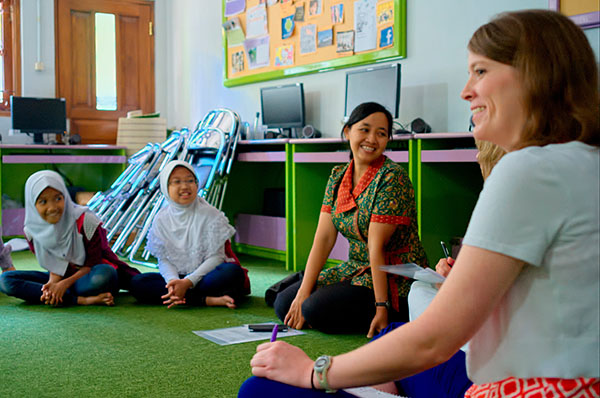
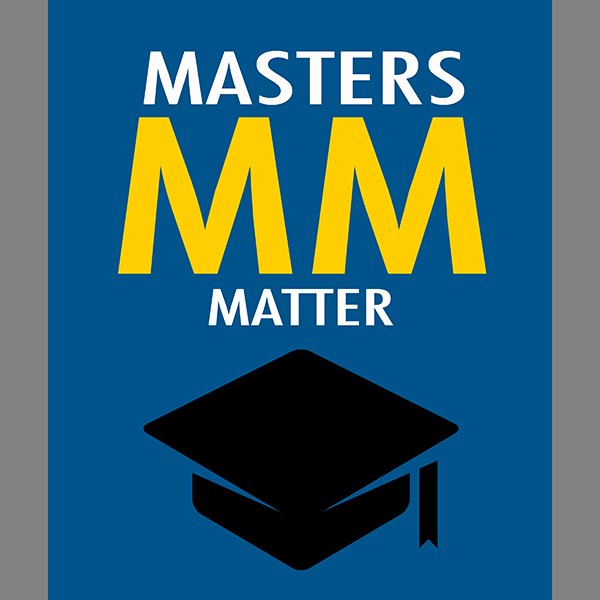


![How NCInnovation Is Rethinking Economic Development in North Carolina [faculty featured]](/_images/_posts/2026/02/rethinking-economic-development-600x400.jpg)








